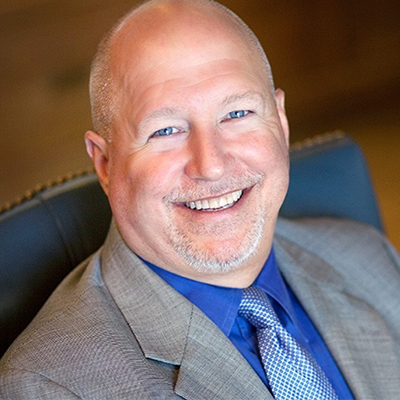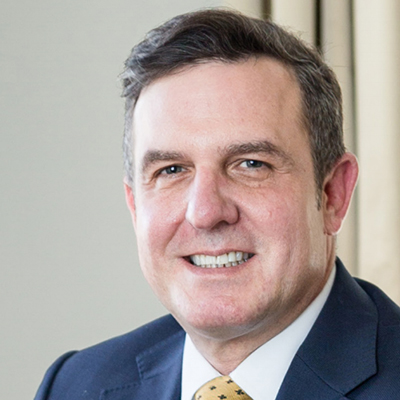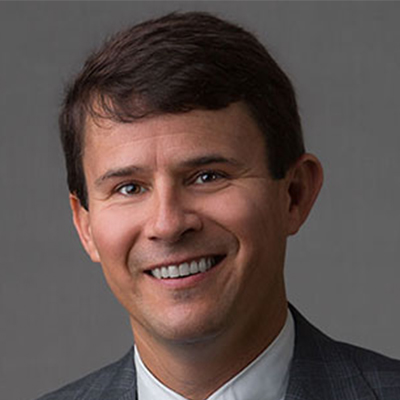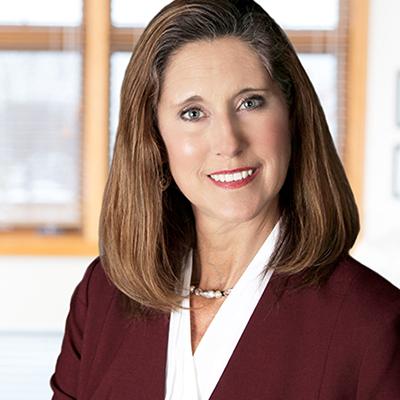“In the criminal justice system, the people are represented by two separate yet equally important groups….”
Recognize that line? Of course you do. Law & Order was appointment viewing for an entire generation of lawyers and law students in the 1990s, who spent Wednesday nights with Lenny Briscoe and Jack McCoy and Thursday mornings rehashing the investigation, trial and verdict with their classmates and colleagues.
Unlike other shows, which suffered when popular leads departed, L&O thrived throughout its personnel turnovers, mostly because the show adhered rigorously to its formula, structure, sound (“Dun-Dun!”) and style. That purportedly led the show’s producer, Dick Wolf, to observe that his show was “actor-proof,” — a comment that suggested a rarity: a TV franchise more powerful than its performers.
The attraction of a machine that operates effectively regardless of who’s pushing the buttons is obvious, especially in industries with tight margins and expensive talent. You can even find examples of this approach in professional services: consider, for example, the Big 4 accounting firms. Think about it: When was the last time you heard a CEO say, “I hire the accountant, not the firm”? The major accounting firms firms sell their brand, their operations, their systems — their machinery. The individual accounting professionals are a secondary consideration, at best, in the corporate purchasing decision.
That’s not the case, obviously, for law firms, where the brand of the individual lawyer traditionally has trumped the shingle of the firm under which he or she happens to practice at the moment. Consider, then, how attractive law firm leaders would find a firm whose brand, operations, systems — whose machinery — trumps that of its individual lawyers. Consider a “lawyer-proof” law firm.
This sort of law firm, like a powerful TV franchise, can thrive despite partner defections, because individual partners and lawyers, while valuable, are essentially following a script written by senior management. If one lawyer walks out today, another can be trained to take her place tomorrow with no great disruption in the firm’s workflow, because the firm’s operations are designed to be carried out by any qualified lawyer. And, maybe, not even by a lawyer.I think we’re on the verge of seeing “lawyer-proof” law firms emerge as serious players in the legal market. These firms will:
- Develop systems to govern the intake, creation, pricing, and delivery of client work, rather than leaving each of these critical factors to the whims of the lead partner on the file.
- Implement rigorous discipline in the management of client files, paying particular attention to mapping out and improving the processes by which value is generated for the client.
- Leverage their systems to deliver results faster, more predictably, and with fewer individual variations, allowing them to both charge lower prices and promise a higher quality of output.
- Eventually employ fewer lawyers, and use more professionals with legal training and technical aptitude, to run the machinery, further reducing their exposure to lawyers and the risks of their defection.
Too many firms today are vulnerable to such defections, as the sorry history of lateral partner movement demonstrates. Virtually every firm in the AmLaw 200 has either lost a key partner to a rival, or poached such a partner at great expense — and, frequently, to little long-term gain. The risks of relying on mobile, mercurial, me-first lawyers as the engines of the law firm enterprise have grown too great. It’s time an alternative emerged. The lawyer-proof law firm could be one.
Some people will object that there are already “lawyer-proof” firms — the very cream of the profession, the AmLaw One-Digits, whose names are enough to generate high-level business. But these firms, exceptional as they are, still rely on great lawyers, not great systems.They still court the “best” lawyers they can find and guard them jealously. Excellent lawyers are central to their value offering.
Others will object that lawyer-light, systematized, highly disciplined firms will be fit only for mid-level or “commodity” matters, while “bet-the-company” work will migrate to the “best” lawyers at the top firms. Even were that true (and I’m not at all certain it is), my response would be: What’s wrong with the mid-level work? There’s enormous amounts of it, most of it is highly amenable to profitable systematization, and many firms are ignoring it while chasing the glamor work. You can have “bet-the-company” work; I’ll take “run-the-company” work, because that’s what clients care about these days.
I don’t see any examples of full-scale “lawyer-proof” firms in North America yet. But when you look at trailblazers like Seyfarth Shaw and Littler Mendelson, with their relentless focus on managing processes and focusing on client value above all else, you can see the outlines of this kind of approach. Unfettered lawyer autonomy is a massive strategic vulnerability for law firms. It’s inevitable that firms will find a way to eliminate that vulnerability.
As software continues to eat away at law firms’ inventory and artificial intelligence gets smarter every year, the individual lawyer will evolve towards a more proportionate role in the law firm machinery: if not completely replaceable, then certainly not irreplaceable. That alone would be a major development in the legal market, and would presage an even bigger development to come: the rise of the lawyer-proof law firm.
About the Author

Jordan Furlong is a consultant, speaker, and legal industry analyst who forecasts the impact of the changing legal market on law firms and legal organizations. Based in Ottawa, Canada, he is a principal with global consultancy Edge International and a Fellow of the College of Law Practice Management.


















